8 Strategies For Effective Trauma Recovery
This is a guest post by Denisa Millette
As a forensic expert on childhood trauma assessment, I frequently work with children whose lives have been shattered by a traumatic event and are now dominated by a constant sense of danger and frightening emotions.
Many of them avoid social interactions and may isolate themselves. They are likely to see themselves as bad and unworthy, and may be at risk for harming themselves.
Some are often viewed by others as being irritable, hostile, or aggressive. These children may get into trouble at home or at school for their behavioral problems. Their normal daily functioning is commonly disrupted by intrusive and persistent recollections and sensory re-experiencing of the traumatic event.
In addition, they may appear emotionally detached, unable to trust other people, and avoid negative emotions. In cases of sexual abuse, the victims may tend to have sexual fears and unwanted sexual feelings and behaviors.
What is Childhood Trauma?
Childhood trauma can be caused by any situation perceived by the child as frightening and/or overwhelming, and during which the child feels scared and helpless. This situation is often just a one-time event, such as an injury or a natural disaster.
But it could also be a long-term ongoing stress, such as physical, sexual, or verbal abuse, neglect, exposure to domestic violence, or chronic illness. All such events have a potential to bring on symptoms of emotional and psychological trauma.
Some of the most frequent and well-known psychological and emotional symptoms of trauma include:
- Depression
- Anxiety
- Anger/aggression
- Dissociation
- Confusion, shock, and denial
- Guilt and shame
It appears to be less known that a traumatic experience can also manifest itself in a form of physiological symptoms such as:
- Sleep problems
- Fatigue and lack of energy
- Aches and Pains
- Muscle Tension
- Racing Heartbeat
- Lack of focus and concentration
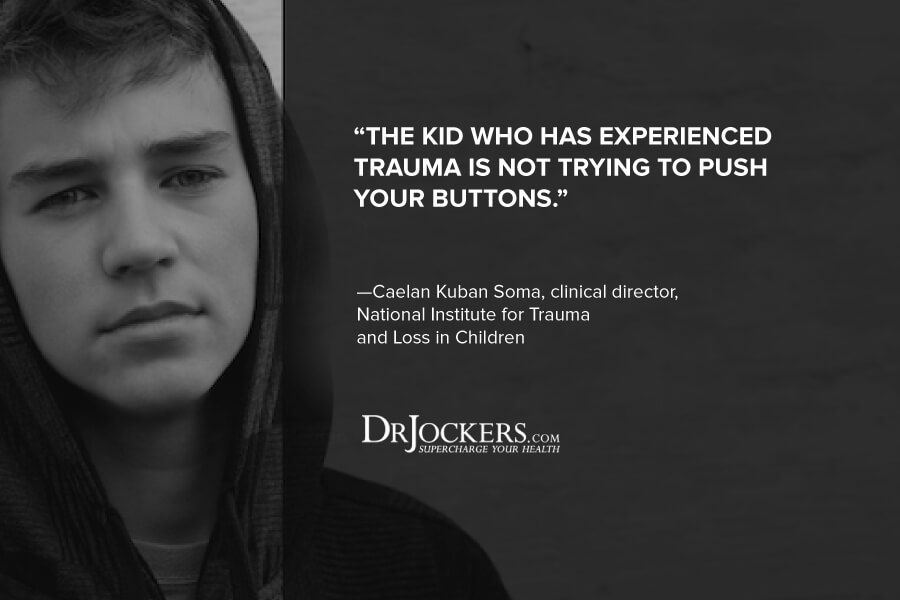
Risk of Future Trauma in Adults and Children
Research shows that experiencing childhood trauma can have very negative, long lasting impact on the individual’s emotional, psychological, and physiological well-being in adulthood, especially if not resolved.
Specifically, childhood trauma has been associated with various forms of emotion dysregulation, including stress-reactivity, which is believed to be one of the mechanisms underlying the link between childhood trauma and psychological disorders.
For example, research shows that individuals with more severe histories of emotional abuse showed stronger stress-reactivity for anxiety. (1) Individuals with a history of childhood trauma also reported significantly increased emotional reactivity to daily life stress, especially if the trauma event occurred before the age of 10 years. (2)
Research also show that childhood emotional trauma has more influence on interpersonal problems in adult patients with depression and anxiety disorders than childhood physical trauma.
A history of childhood physical abuse is related to dominant interpersonal patterns rather than submissive interpersonal patterns in adulthood. These findings provide preliminary evidence that childhood trauma might substantially contribute to interpersonal problems in adulthood. (3)
Trauma and Brain Development:
The brain and the immune system are not fully formed at birth but rather continue to mature in response to the postnatal environment. The two-way interaction between brain and immune system makes it possible for childhood psychosocial stressors to affect immune system development, which in turn can affect brain development and its long-term functioning.
Early-life stress predicts later inflammation, and there are striking analogies between the neurobiological correlates of early-life stress and of inflammation. These findings suggest new strategies to remediate the effect of childhood trauma before the onset of clinical symptoms, such as anti-inflammatory interventions. (4)
Furthermore, there is considerable evidence to suggest that adverse early-life experiences have a profound effect on the developing brain. Children who are exposed to sexual or physical abuse or the death of a parent are at higher risk for development of depressive and anxiety disorders later in life.
Preclinical and clinical studies have shown that repeated early-life stress leads to alterations in central neurobiological systems, particularly in the limbic and corticotropin-releasing factor system, leading to increased responsiveness to stress. Clearly, exposure to early-life stressors leads to neurobiological changes that increase the risk of psychopathology in both children and adults.
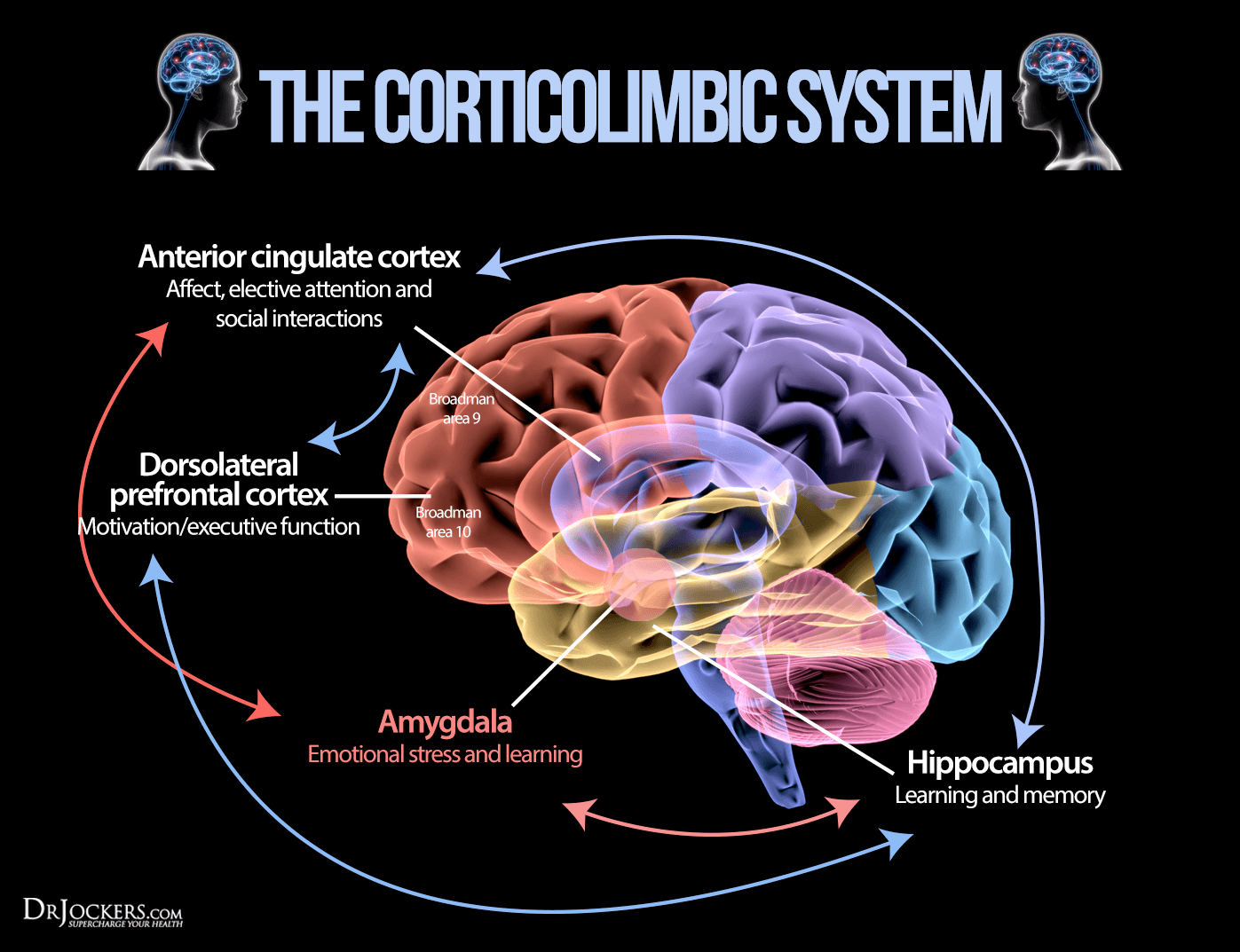
Stress Sensitivity
Additionally, childhood trauma is associated with heightened social stress sensitivity and may contribute to psychotic and affective dysregulation later in life, through a sensitized paranoid and stress response to social stressors. (5)
As presented above, substantial number of studies show associations between early life stress and risk for mental and somatic diseases in later life. Potentially, these findings will allow unprecedented opportunities to improve the precision of current clinical diagnostic tools and the success of interventions.
As of now, we have only limited information about how childhood exposure to traumatic stress is translated into biological risk for psychopathology. Observational human studies and experimental animal models suggest that childhood exposure to traumatic stress can trigger an enduring systemic inflammatory response not unlike the bodily response to physical injury.
In turn, these hidden wounds of childhood trauma can affect brain development, key behavioral domains (e.g., cognition, positive valence systems, negative valence systems), reactivity to subsequent stressors, and, ultimately, risk for psychopathology. (6)
The Anti-Depressant Solution
Children and adults diagnosed with Posttraumatic Stress Disorder (PTSD) are commonly prescribed antidepressants containing the neurotransmitter serotonin.
In psychiatric circles, serotonin has a well-recognized role in the modulation of a number of mood and anxiety disorders. The most common antidepressants include Celexa, Lexapro, Prozac, Paxil, and Zoloft.
Antidepressants introduced since 1990, especially selective serotonin reuptake inhibitors (SSRI) have been used increasingly as first line treatment for depression and psychological trauma in children.
The safety of prescribing antidepressants to children (including adolescents) has been the subject of increasing concern in the community and the medical profession, leading to recommendations against their use from government and industry. (7)
Unfortunately, most parents of my pediatric clients are not well informed (if at all) about the serious negative side effects of these medications. Most antidepressants can cause dangerous reactions when combined with certain medications or herbal supplements.
Anti Depressant Side Effects
At times, an antidepressant can cause high levels of serotonin to accumulate in the body, causing so called Serotonin syndrome. Signs and symptoms of serotonin syndrome include anxiety, agitation, sweating, confusion, tremors, restlessness, lack of coordination and a rapid heart rate.
However, the most alarming fact is that FDA requires that all antidepressants carry black box warnings, the strictest warnings for prescriptions. In some cases, children, teenagers and young adults under 25 may have an increase in suicidal thoughts or behavior when taking antidepressants.
In fact, research studies show that the use of antidepressant drugs in pediatric patients is associated with a modestly increased risk of suicidality. (8) Over the years, I have personally evaluated numerous children struggling with self-harming and suicidal thoughts, while taking antidepressants.
Other negative side effects of antidepressants may include, among others:
- Drowsiness
- Nausea
- Dry mouth
- Insomnia
- Diarrhea
- Nervousness, agitation or restlessness
- Dizziness
- Headache
- Blurred vision
How to Safely Enhance Trauma Recovery
Based on my clinical experience, I believe that psychotropic medication can be effective in treatment of certain psychiatric conditions. However, I also believe that due to their negative, often detrimental side effects, psychotropic medications should be used only as a last resort.
Unfortunately, many treatment providers will undervalue non-drug treatments that are both safer and more effective. So, let’s look at some of these effective strategies.
- Full Psychological Evaluation – It is crucial that you and/or your child receive a full psychological or trauma evaluation, consisting of a clinical interview and a full clinical testing battery to determine correct diagnoses and assessment of your current emotional, behavioral, and cognitive functioning as well as your treatment needs. Many individuals are misdiagnosed and prescribed psychotropic medication based on a brief survey or an interview with a pediatrician or a psychiatrist. In such cases, the focus is placed on treating the patient’s symptoms rather than the actual core of their condition. Thus, the symptoms are only partially managed or suppressed and often new symptoms emerge.
- Finding a Trauma Specialist – Facing and resolving your feelings and thoughts regarding your trauma or victimization is a necessary part of your healing. Given the difficulty and complexity of this process, it is imperative that you find a therapist who has experience in treating trauma victims. Cognitive-behavioral therapy and Eye Movement Desensitization and Reprocessing (EMDR) have been found very helpful (9) in treatment of trauma symptoms.
- Finding a Functional Medicine Doctor – an experienced functional medicine provider will evaluate your whole person rather than just your symptoms. He or she will work like an investigator piecing together your puzzle and identify missing pieces and imbalances triggering your health issues, including the physical trauma symptoms. Your doctor will also help you save time and money by pointing you exactly to the right tests and treatment methods so your path to wellness becomes clearer and your efforts more effective and less costly in the long run.
- Exercise – Trauma experiences can often get you “stuck” in hyperarousal and fear. Exercise can significantly improve your ability to shift your mindset and move your focus from your negative thoughts to your body and the way it feels and thus, ultimately “release” your nervous system. Exercise that engages your whole body, such as walking/jogging, swimming, or dancing works the best.
- Self-Regulation Techniques and Stress Reduction – learn simple techniques of mindful breathing, relaxation, and distress tolerance skills to cope with anxiety, depression, and negative emotions. Learn simple meditation or yoga – whatever you choose make sure it brings you relief and you enjoy it.
- Sleep – Adult and children trauma survivors alike often struggle with inability to sleep or stay asleep. However, managing your sleep routine and habits is crucial for your emotional healing and trauma recovery. Sleep needs vary with age, but generally speaking, young children need around 11 to 12 hours each night, teens need between 8.5 and 9.25 hours and the average adult needs between seven and nine hours per night. For some very helpful tips on sleep, check out this article written by Dr. David Jockers.
- Clean Up Your Diet – given that there are striking analogies between the neurobiological correlates of psychological stress and inflammation in the body, anti-inflammatory diet is most likely your best choice. Your functional medicine doctor can determine the best diet to increase your energy and minimize your mood swings and symptoms of depression.
- Seek Support – it is very easy and common for trauma survivors to become isolated and withdrawn. However, this isolation is detrimental to your emotional wellbeing. Connecting with others doesn’t mean you need to discuss your traumatic experience with them. Simple participation in normal activities with others or volunteering will bring comfort to your soul. You can also locate a support group for trauma survivors to find encouragement and inspiration in hearing how others cope with their situation.
If your child is a trauma victim…
Don’t be afraid to communicate with your children about their thoughts and feelings regarding their traumatic experience. Don’t be alarmed if you find your child seeks safety by regressing into a younger age by bedwetting after being fully potty-trained or refusing to be alone.
Your comforting, positive, and patient attitude has a significant influence on child’s trauma recovery. Children often tend to blame themselves for their own victimization.
Assure your child that he is not responsible for the traumatic event. Give your child a sense of hope and safety.
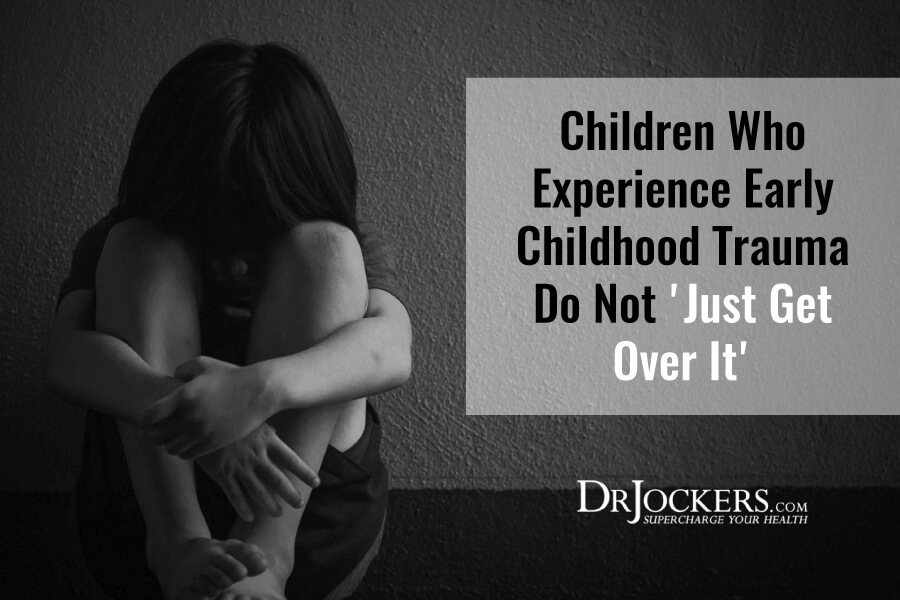
Emotional Freedom Technique (EFT)
Emotional Freedom Technique (EFT) works at a physical level to help the body heal itself by balancing the energy system. EFT involves gentle fingertip tapping on points on the face and hands, which are the endpoints of the energy meridians used for thousands of years in acupuncture and acupressure.
Unlike acupuncture, EFT involves no needles and is completely non-invasive. EFT is easy to learn and can be done individually. You can do it on your own or you can hire an EFT coach to help you get started. In the infographic below, you will find a detailed explanation of how to do it.
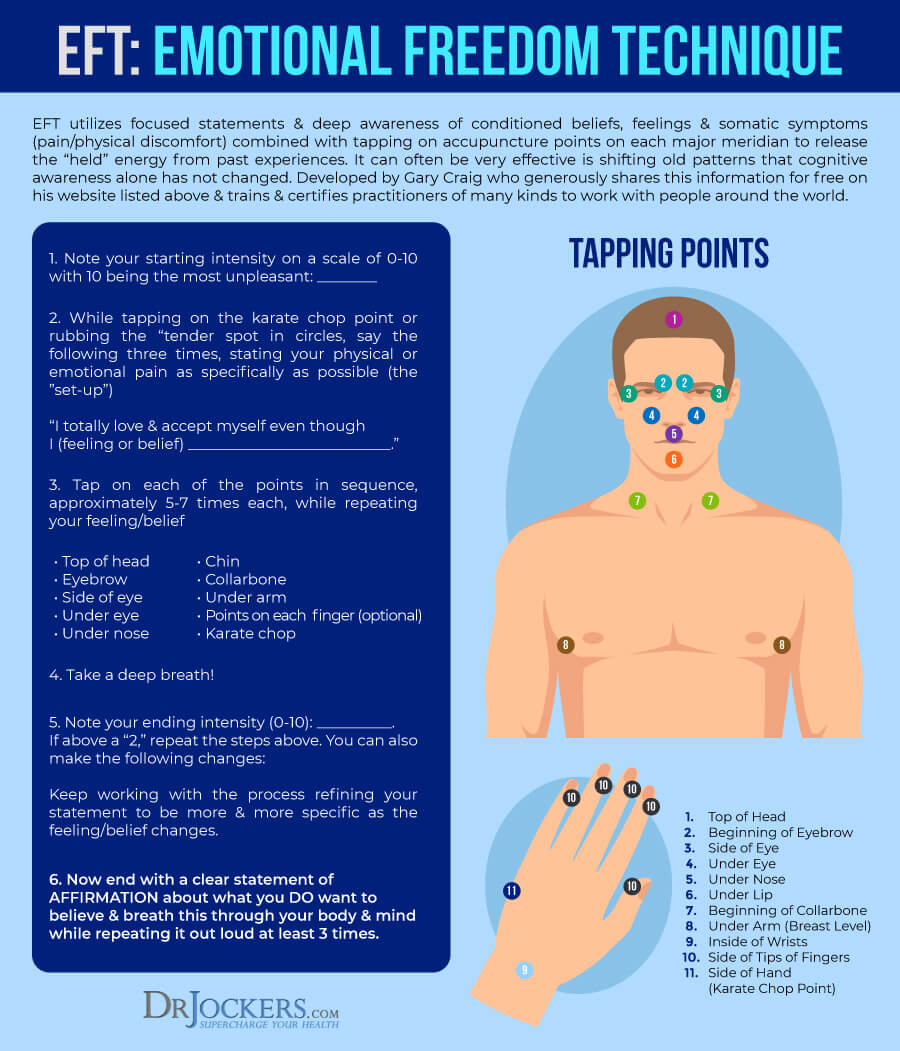
Final Word:
If you are battling trauma symptoms, there is a variety of non-drug, safe, alternative, and effective healing techniques and practices that can work wonders in trauma recovery for you or your child. If you are currently taking antidepressants or other medication, you can talk to your doctor about safely lowering your doses before getting off the medication completely.
You should NEVER stop taking the medication without talking to your doctor first. However, you can start implementing the alternative strategies listed above along with your medication to speed your recovery.
If you want to work with a functional health coach, I recommend this article with tips on how to find a great coach. Our website offers long-distance functional health coaching programs with our world-class team of health coaches. For further support with your health and other goals, just reach out—our fantastic coaches are here to support your journey.
About The Author:
Denisa Millette is a child trauma assessment specialist and a wellness coach whose mission and passion in life is to help children and their parents find a safe path to ultimate emotional wellbeing. Denisa holds a master’s degree in clinical psychology and she has been conducting psychological evaluations as well as specialized trauma assessments of children and teens in a private psychological practice since 2001.
Denisa has been recognized as an expert witness in child abuse and trauma cases in juvenile and superior courts across GA. As a wellness coach, her main focus is on aiding her clients on their road to emotional recovery by using safe, effective, and non-drug treatment strategies. You can visit her at https://www.denisamillette.com
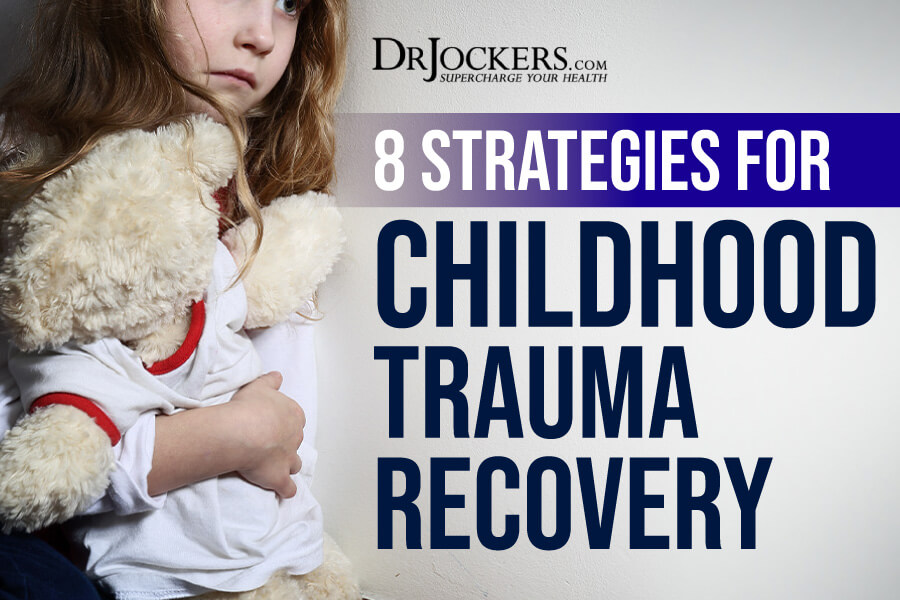
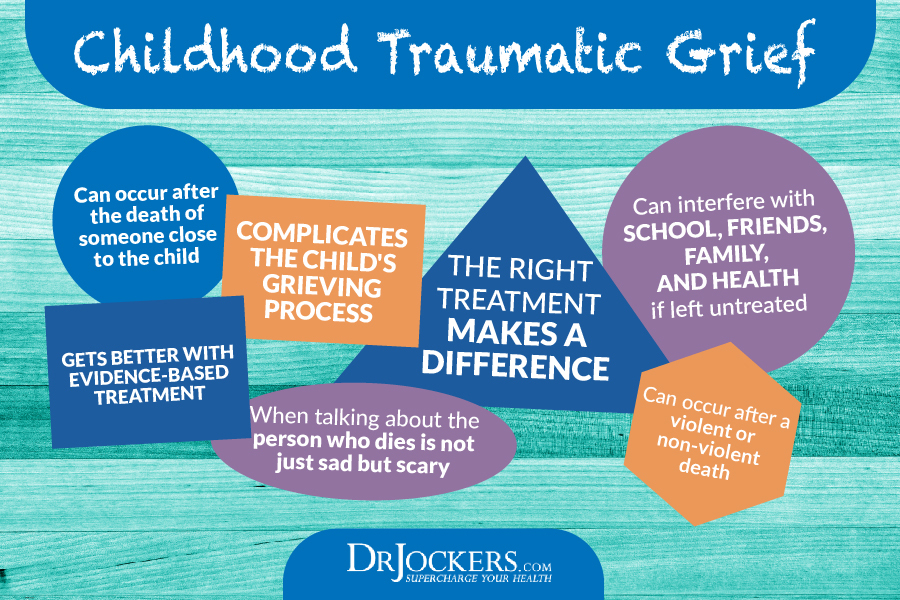
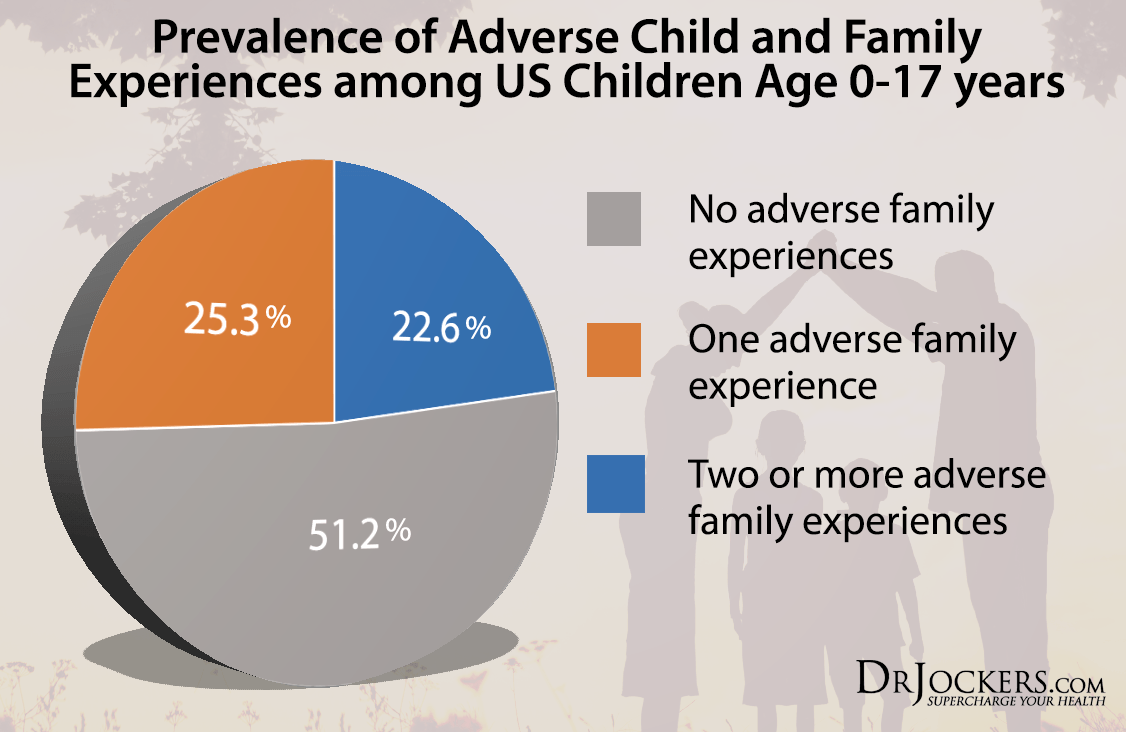
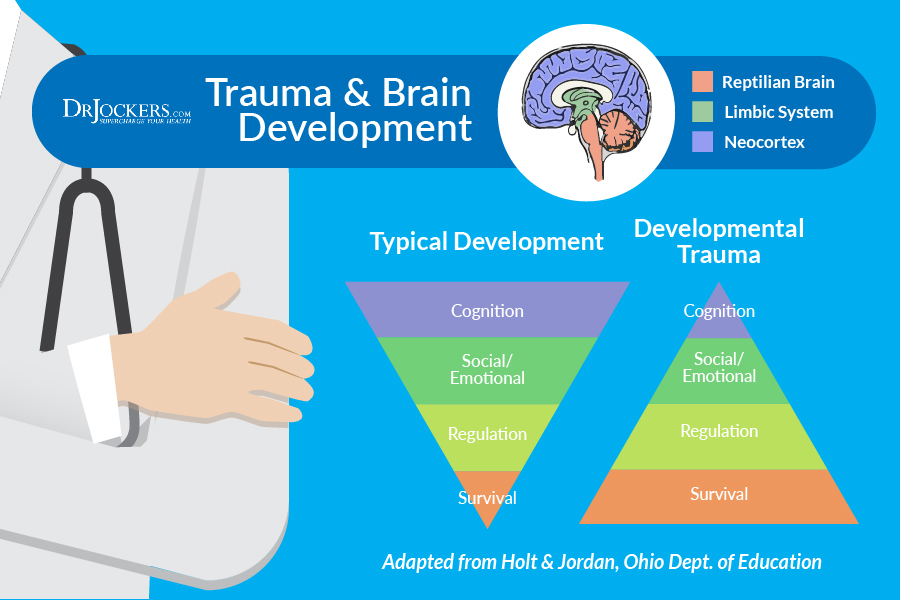
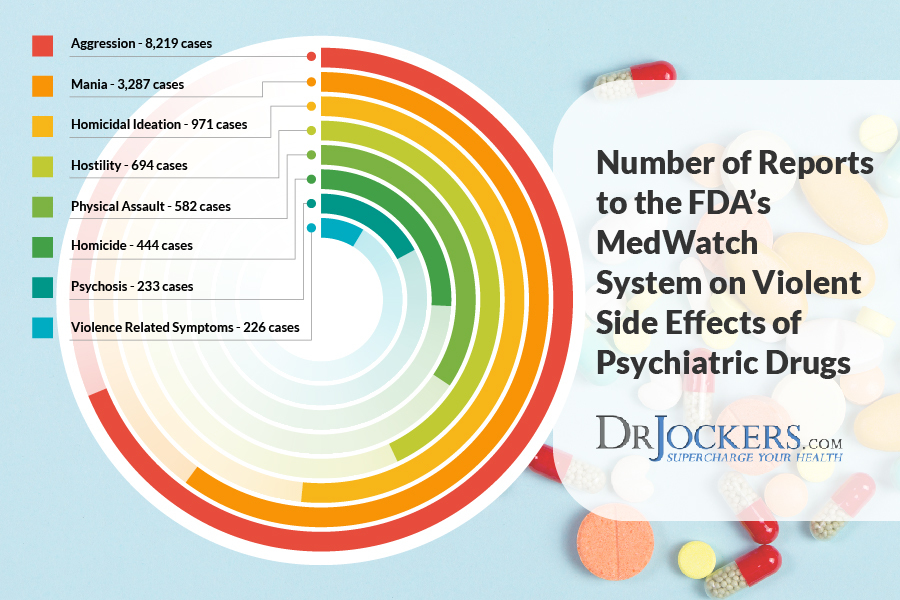
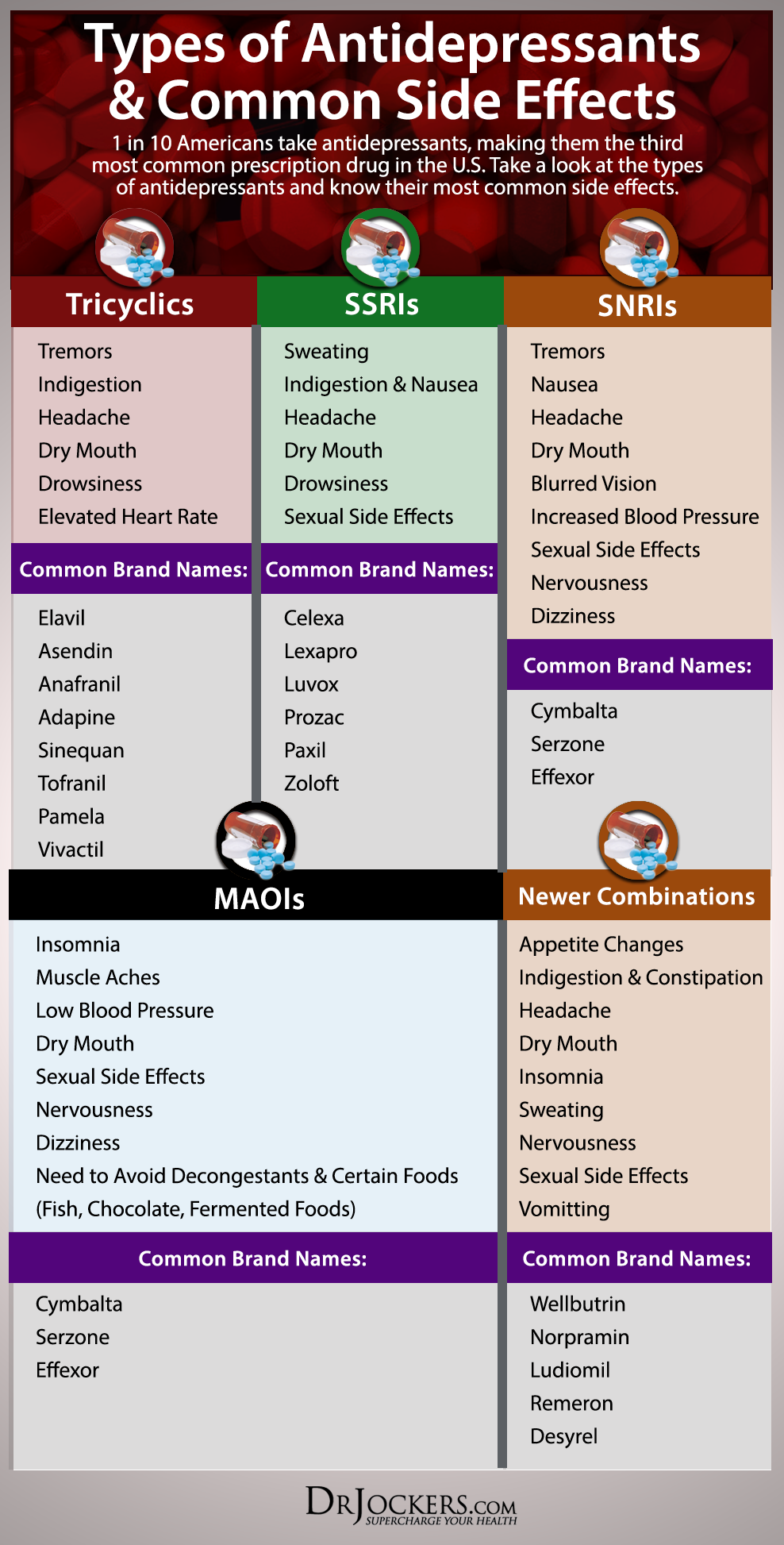
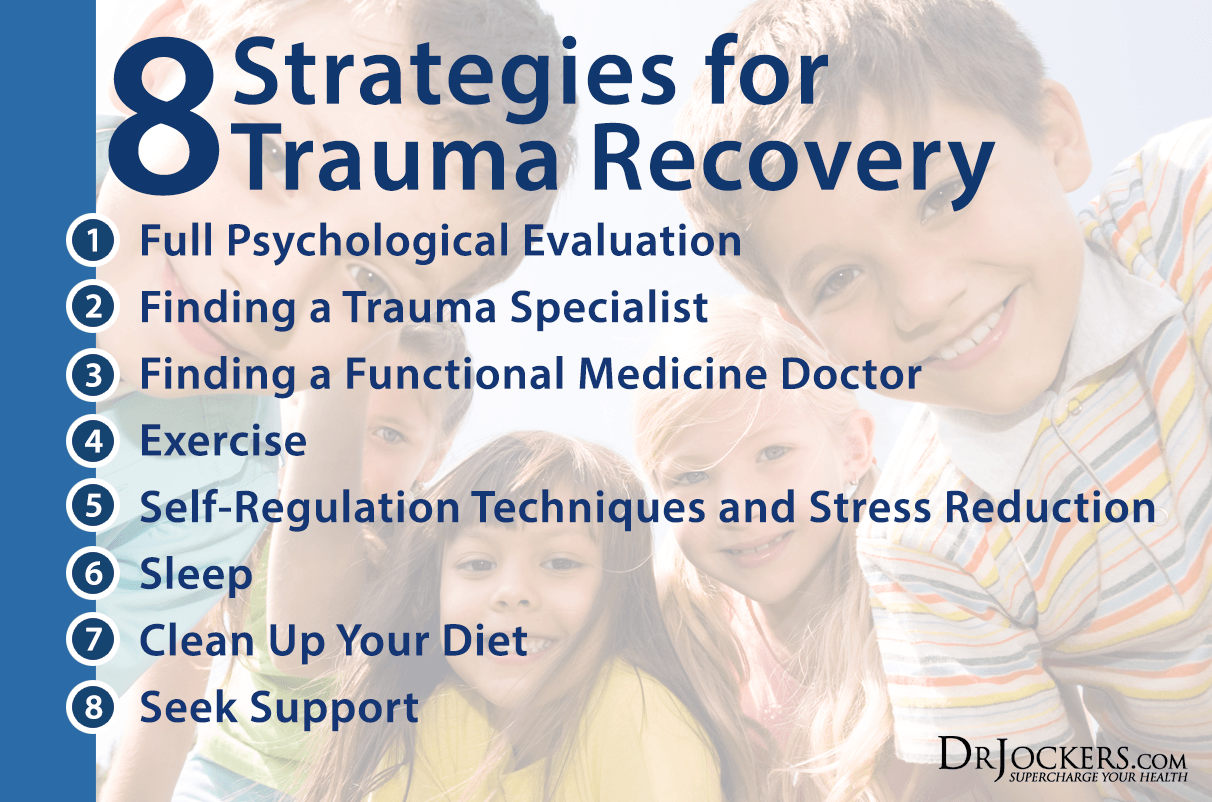





Excellent article. Very helpful summation of many aspects to consider when dealing with childhood trauma and determining the best past forward. So thankful for many alternative healing options. Thank you.
Thanks so much Melissa!!
Can you recommend any providers in the Salt Lake City Utah area for sever childhood sexual abuse but now an adult?
I am sorry Stephen, we don’t know anyone but I would recommend doing a google search and seeing what you find.
My wife lived in poverty when she was young. She experienced some emotional trauma when she was a child, so we’re looking for ways she can overcome the anxiety it causes. I didn’t realize a trauma specialist can help you face your feelings and thoughts in a productive way. I’ll be sure to share this info with my wife.
Yes Tomas that can be very helpful! I hope this information is the start of a healing journey for you and your wife.
Blessings!
Your list of MAOI’s is incorrect.
Thank you for pointing that out Sam
what are the techniques for carrying and releasing a survivor
Good question. You will definitely want to work with a trauma specialist to help them devise coping strategies the they can employ on their own. Also, ensuring that they are doing everything they can from a health perspective to optimize their health and mental function will help them reach physiological stability that may help them moving forward. The latter can be done with a Functional Nutrition specialist.
Could you elaborate a bit please on the alternative healing solutions?
Hey Chris, reaching out to a trauma specialist will be the best option!
At long last, I’m on an SSRI… they’re lifesavers for some ppl I know. I’m still waiting for it to work because I just started a therapeutic dose of 10mg…fingers crossed…wish me luck!